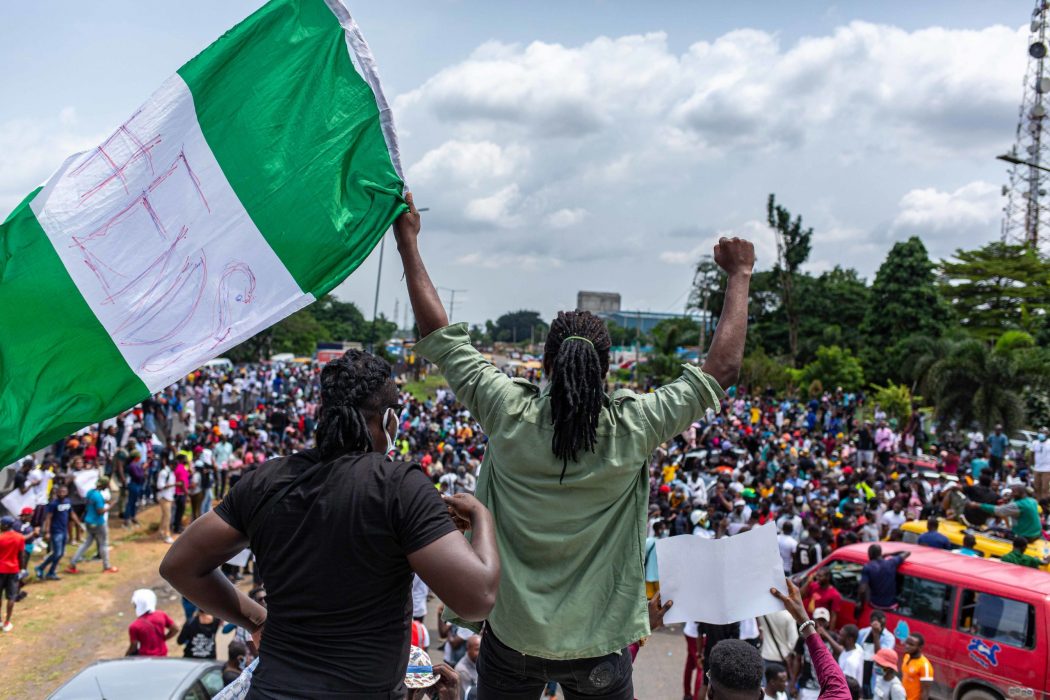As Nigeria celebrates her 61 years of freedom from the colonial powers of Britain today, I ask myself: What exactly is there to celebrate? In 1960, our forefathers and mothers helped us gain independence from the shackles of colonialism. We were told by those who came before us and who were present in this period that joy filled the air; people danced and sang across the hills and the valleys, villages, and towns; everyone was hopeful for a bright future. Most importantly, people were happy that key decisions pertaining to the affairs of the country would now be made solely by us with no influence of the West or former colonial powers. Well, so they thought.
But this joy did not last long and this dream of crafting our own destinies in our hands turned out to be a sham. We kept on seeing the influence of colonial Britain not just in Nigeria but in other parts of Anglophone West Africa. The same could be said for Francophone countries and their relationship with France as well. This was what Kwame Nkrumah sternly warned us against before his death, hinting that neo-colonialism would take various shapes and forms with the goal of exploiting rather than the development of the less developed parts of the world. But as the West continues to use its soft power on a continent of weak institutions and failed leadership, we are seeing the rise and influence of a new superpower to the East, China. We have seen how they have cajoled some African countries into collecting loans that generations unborn might not be able to pay back, but some have argued differently.

Clearly, there is an internal pandemic that the continent is dealing with. Well, there is the issue of COVID-19 but I am not talking about that, nor am I talking about Malaria. It is a disease that has plagued most countries on the continent much longer than the above diseases—a pandemic of unethical, corrupt, tyrannical leadership, some of which has been empowered by “democratic” western countries. But now is not the time to throw blame.
Going back to the situation in Nigeria, our joy of gaining independence was short-lived as we plunged into a civil war that claimed millions of lives, particularly from the Igbo tribe in the southeastern part of the country. This was succeeded by decades of military, tyrannical rule until we returned to “democracy” in 1999. Funny enough, the very same military men and former Heads of State who have led the country with an iron fist (and are now retired) claimed to be converted democrats, and came back again to contest elections.

With slightly over two decades of sustained “democracy”, we have been led by 2 former military men for over half of those years. One of them who was Head of State in 1984 is currently the president of the country today. He claims to be a Democrat but last year, he ordered protesters to be gunned down in Lagos in a mass protest, “rehabilitates” terrorists and also recently banned Twitter in Nigeria since June 2021 because Twitter deleted a controversial tweet made by him. What an impressive democrat! So while we (the concerned citizens of the country) deal with neo-colonialism on one side, we are also clamoring for “freedom” from those who call themselves “our leaders” but have turned on us to become “local oppressors.”

Today’s Independence Day anniversary calls for a deeper reflection on our identity as a country and what the way forward should be to solve the numerous challenges we face. The youth (who have always been resisted by the oldies in power) have a strong role to play on this journey and the answer to the question of the future lies in our hands. The oldies must retire now and allow the youth to lead the way. We must chart the course of the destiny of this country and put an end to our miseries; and we must be allowed to do so, by all means necessary.
